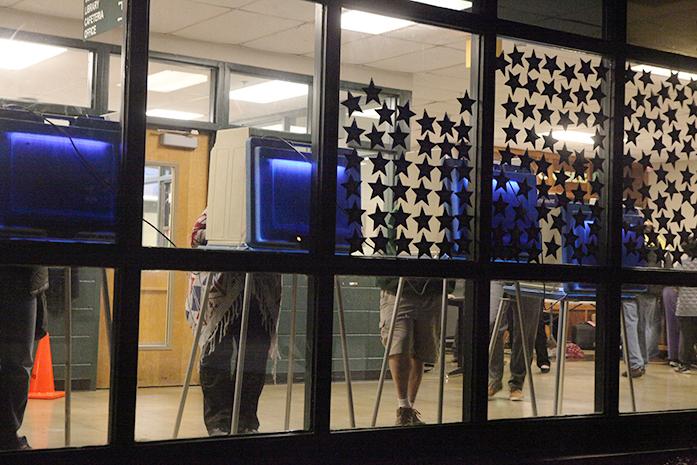With a lack of legislation, a voter-ID proposal may cause more confusion than solution.
By Kit fitzgerald
Iowa Secretary of State Paul Pate has a proposal for a new voter-ID law, but without an official bill, there has been confusion and misconceptions regarding the plan.
Some worry the proposal will mean restrictions and limitations for voters.
“It’s never good when it becomes harder to vote,” said University of Iowa Law Associate Professor Paul Gowder. “The public should always demand justification.”
Despite many misconceptions about the bill, Pate said, it will not bar anyone from voting.
The bill, rather than replacing the current voting system, adds to it, he said. When people register to vote, they will be sent voter-ID cards in the mail, free of charge.
If people are already registered to vote, the new system will realize this and send them free voter IDs.
Same-day registration would remain available, so those who failed to register and therefore do not have a card will still be able to vote.
“We’re keeping the same procedures that we have right now,” Pate said. “Obviously, we’d like them to get a state ID or their free voter ID card well before the election to make it easier on the administration side. But if they don’t, they’ll register just like they do now.”
Daniel Zeno, the American Civil Liberties Union’s policy counsel, points out that Iowa already has one of the best voting systems in the nation. He said there was only one case of “fraud” in Iowa this year, when a woman in Des Moines attempted to vote for Donald Trump twice.
“The system caught it,” Zeno said. “Why do we need a new system if the one we have now works?”
Pate said proposal’s goal is not to prevent fraud but rather, inefficiency and human error.
The plan, in addition to providing voter ID cards, proposes electronic poll books for checking in voters at the polls, he said.
“It’s an opportunity to bring in technology as a partner,” Pate said. “The barcode on these voter IDs have much more communication than a photo ID.”
The bill also discusses training the people working the polls and upgrading the absentee-ballot process.
Both Gowder and Zeno said it was difficult to make a statement without the legislation; the UI Student Government was the first that released a letter of concern regarding the proposal.
“Voting for the first time can be incredibly confusing,” UISG President Rachel Zuckerman said. “A new law could add to that.”
After the UISG letter was released, the Iowa Secretary of State’s Office contacted the group to discuss the concerns. UISG is more comfortable with the bill after speaking with Pate’s office, Zuckerman said.
“The proposal isn’t as alarming as other voter-ID proposals,” she said. “Nobody should be turned away from voting.”
Pate thinks his office and UISG can work together in the future to make the voting process even easier. This includes encouraging students to vote, communicating with the student body, and even discussing the possibility of students using their school IDs to vote.
Pate said the office is focused on making the process as convenient for voters as possible, especially students.
“Some people say ‘I’m not sure my vote really counted,’ ” Pate said. “I want to assure them — not in Iowa.”







